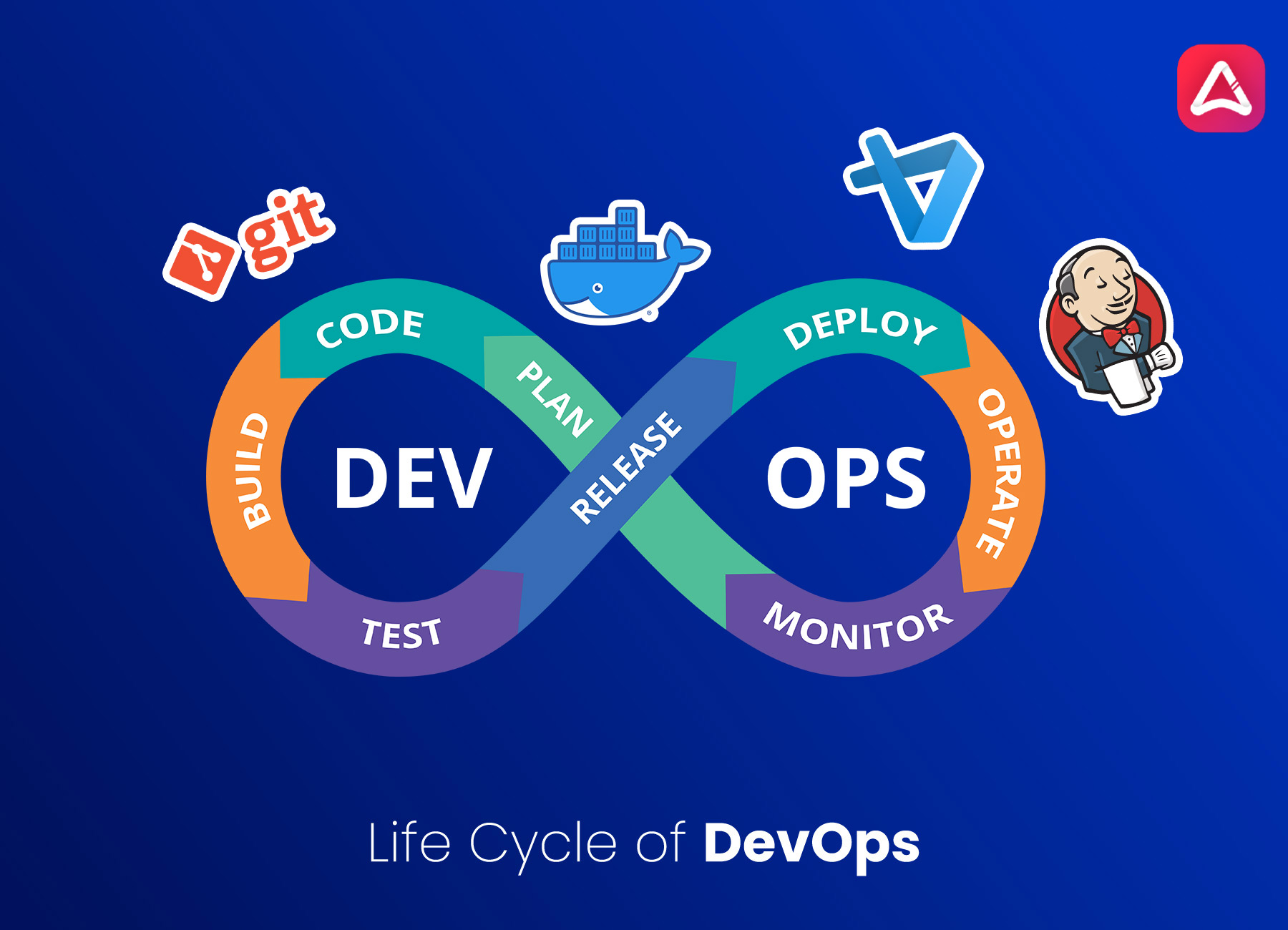⚡️DevOps Lifecycle - Application Focused👨🏻💻⚡️
 Jatin Chourasia
Jatin Chourasia
#90DaysOfDevOps
Day – 3: DevOps Lifecycle
DevOps is a set of practices that combines software development (Dev) and IT operations (Ops). The goal of DevOps is to shorten the systems development life cycle while delivering features, fixes, and updates frequently in close alignment with business objectives.
The DevOps lifecycle can be divided into six phases:
- Planning
The planning phase is where the team defines the goals of the project and identifies the resources that will be needed. The team also creates a plan for how the project will be executed.
- Development
The development phase is where the team creates the new software. This includes writing the code, testing the code, and fixing any bugs.
- Integration
The integration phase is where the team combines the new software with the existing software. This ensures that the new software works with the existing software and that it meets the requirements of the business.
- Testing
The testing phase is where the team tests the new software to ensure that it works on different environments as expected. This includes unit testing, integration testing, and system testing.
- Deployment
The deployment phase is where the new software is released to production. This includes installing the software on the production servers and making it available to users.
- Monitoring
The monitoring phase is where the team monitors the new software to make sure the software is working as expected. This includes monitoring software performance, software availability, and software security.
The DevOps lifecycle is an ongoing process. The team should continuously monitor the software and make the necessary changes. This will help ensure that the software remains responsive to business needs.
Benefits of DevOps
There are many benefits to using DevOps. Some of the benefits include:
Increased speed of development
Improved quality of software
Reduced costs
Increased agility
Conclusion
DevOps is a powerful set of practices that can help organizations to improve the speed, quality, and cost-effectiveness of their software development process. By automating many of the tasks involved in the software development process, DevOps can help organizations to free up their teams to focus on more creative and strategic work. This can lead to a more agile and responsive organization that is better able to meet the needs of its customers.
That is all for the Day 3. Where we gain a brief perspective on DevOps Lifecycle and its stages.
Subscribe to my newsletter
Read articles from Jatin Chourasia directly inside your inbox. Subscribe to the newsletter, and don't miss out.
Written by

Jatin Chourasia
Jatin Chourasia
I am excited to continue my learning journey in DevOps. I believe that DevOps is the future of software development, and I am excited to be a part of the movement.